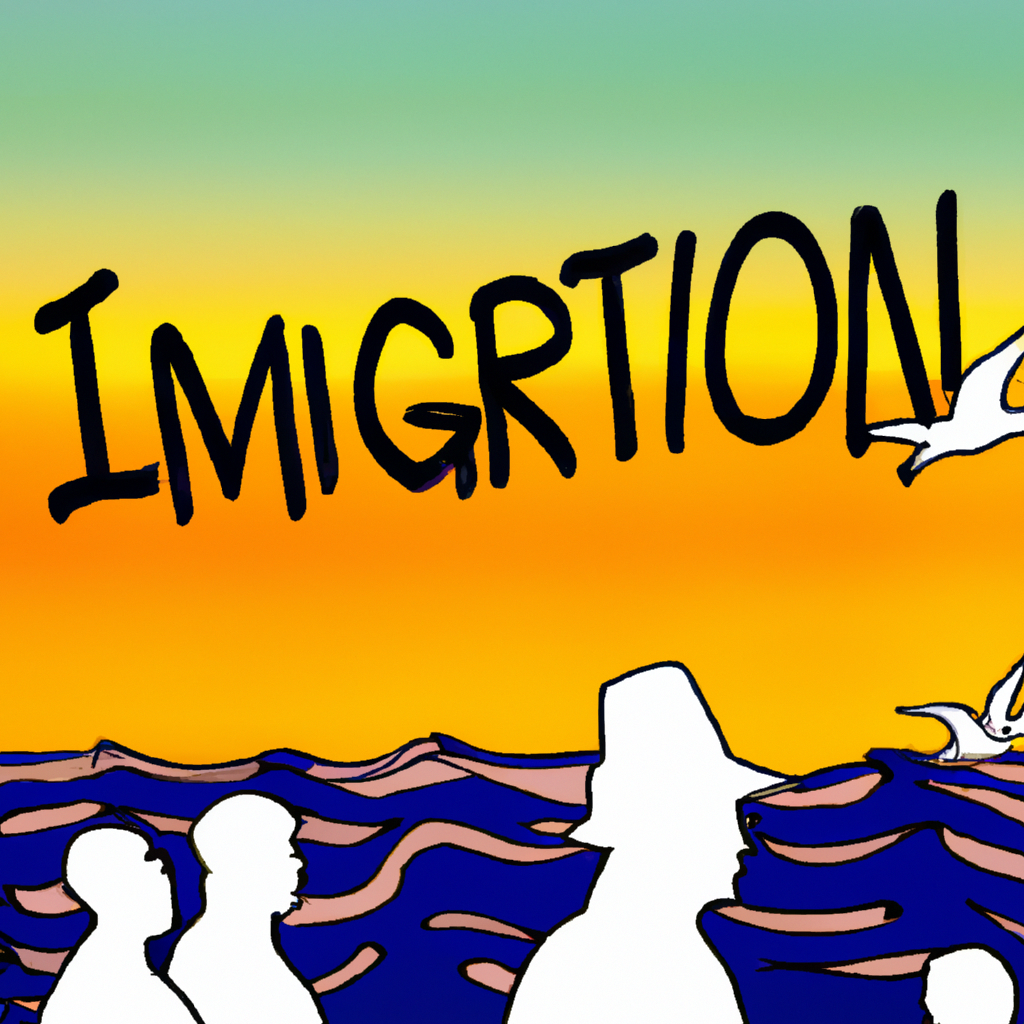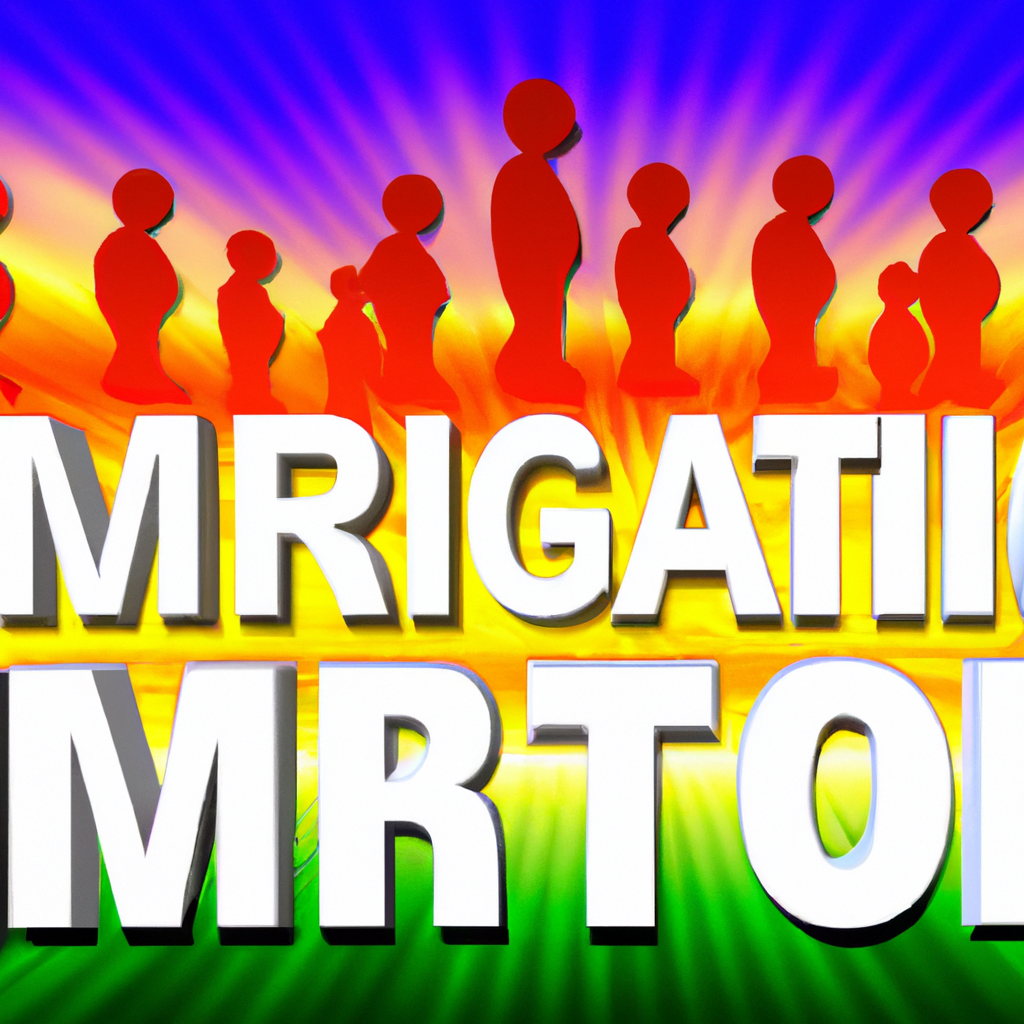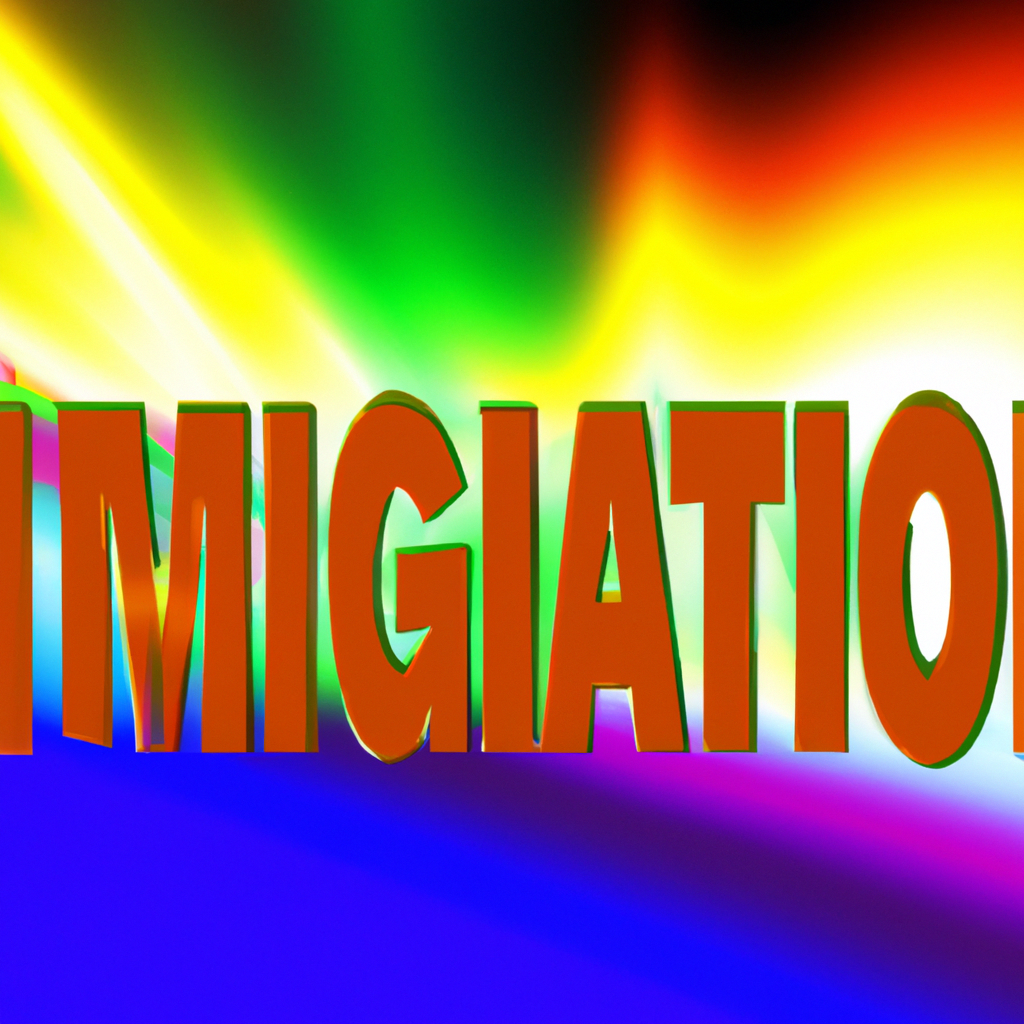Title: Understanding the Dynamics of Immigration: A Multifaceted Perspective
Introduction
Immigration is a key topic that has garnered worldwide attention and continues to spark heated debates. Whether it is for economic prosperity, escaping conflict, or seeking better opportunities, people across the globe are constantly moving from one region to another, shaping the social, economic, and political landscapes of both their home and host countries. This blog aims to delve into the complexities of immigration, discussing its causes, impacts, benefits, and challenges in a balanced and comprehensive manner.
Understanding Immigration
Immigration can be defined as the process by which individuals move to a foreign country with the intention of residing there permanently. It can be voluntary, driven by personal or economic reasons, or involuntary, triggered by political instability, war, or natural disasters. The immigrant population is incredibly diverse, encompassing different age groups, genders, ethnicities, and socioeconomic statuses.
The Causes of Immigration
Economic factors are among the most prominent drivers of immigration. Individuals often move to countries with better job opportunities and higher wages to improve their standard of living. The desire for quality education also propels students to immigrate to countries with renowned educational institutions.
Political instability and conflict are other significant causes. People fleeing war, persecution, or human rights violations in their home country often seek refuge in more stable nations.
Environmental factors, such as natural disasters, can also lead to immigration. For instance, people may be compelled to move due to drought, floods, or other severe weather conditions that make their home regions uninhabitable.
The Impacts of Immigration
Immigration has far-reaching impacts on both the countries of origin and destination. The host countries often benefit from the skills and labor provided by immigrants, which can stimulate economic growth. Immigrants often fill labor gaps in sectors such as agriculture, construction, and healthcare, contributing significantly to the host country’s economy.
However, immigration can also pose challenges, such as increased pressure on public services, housing, and infrastructure. It can also lead to social tensions if the integration of immigrants into the host society is not managed effectively.
For the countries of origin, immigration can lead to brain drain if skilled professionals emigrate in large numbers. However, it can also result in benefits through remittances sent back by immigrants to their families, boosting the home country’s economy.
The Benefits of Immigration
Immigration contributes to cultural diversity, leading to a rich tapestry of ideas, cuisines, languages, and traditions. It fosters innovation and creativity, as diverse backgrounds often bring fresh perspectives and approaches.
Immigrants also contribute to the economy of the host country by paying taxes, starting businesses, and creating jobs. Studies have shown that immigrants are more likely to start businesses than native-born citizens, leading to economic growth and job creation.
The Challenges of Immigration
Despite its benefits, immigration also brings challenges that need to be managed effectively. These include social integration, language barriers, discrimination, and xenophobia. Policymakers need to devise comprehensive strategies to address these issues, promoting social cohesion and inclusivity.
Conclusion
Immigration is a complex and multifaceted issue with a range of implications for individuals, communities, and countries. It offers substantial benefits, such as cultural diversity and economic growth, but also presents challenges that need to be effectively addressed. As the world becomes increasingly interconnected, understanding the dynamics of immigration becomes even more crucial. By fostering open dialogues and formulating inclusive policies, we can harness the benefits of immigration while mitigating its challenges, contributing to a more diverse, vibrant, and inclusive global community.
Keywords: Immigration, Causes of Immigration, Impacts of Immigration, Benefits of Immigration, Challenges of Immigration, Economic Growth, Cultural Diversity, Social Integration, Inclusive Policies.



Leave a Reply